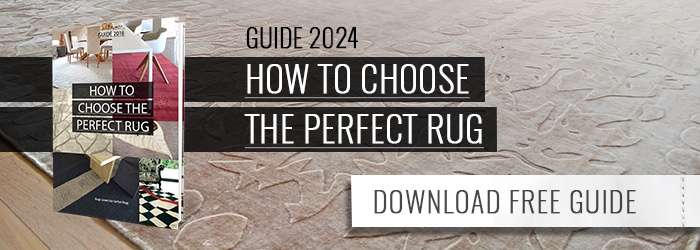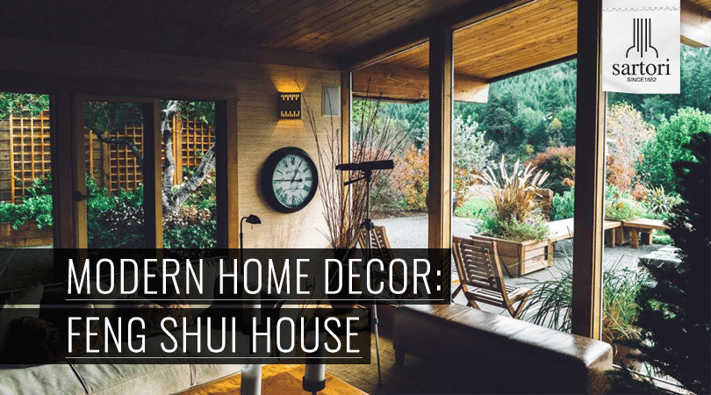
Living in a tidy and balanced home is certainly beneficial both from an aesthetic and functional point of view, but it also has a great impact on the emotional wellbeing of those who inhabit it.
A Feng Shui house, designed and decorated following the rules of this ancient Oriental philosophy, infuses emotional positivity, stimulates communication and makes your guests feel welcome.
A Feng Shui house pays special attention to the flow of energy that exists between interior and exterior design elements, in order to attract positive energies and disperse negative ones.
If you are building, renovating or simply decorating your home, you can follow these very simple rules for a peaceful and balanced atmosphere:
1. Symmetry and cardinal points
According this ancient Chinese philosophy, a Feng Shui house should be designed considering the four cardinal directions. The entrance should be facing north, while your living room and the kitchen should be facing south. A balanced house-plan should always be square or rectangular, avoiding useless spaces and corners.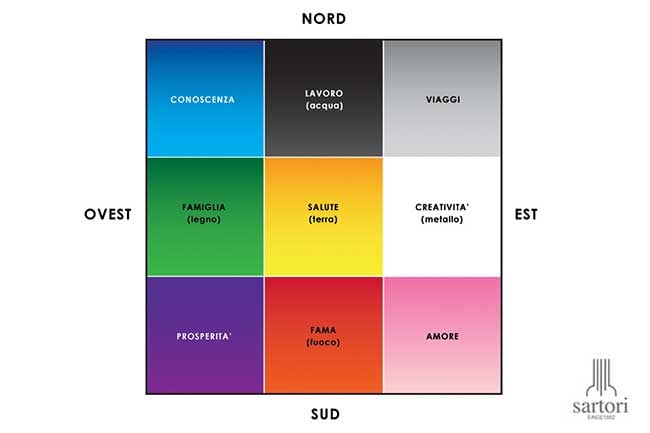 2. Furniture
2. Furniture
Furniture arrangement and shape are very important to allow energy-flowing in your home space. Energy can get stuck by encumbering furniture, that’s why all furnishings should have smooth, organic shapes. The sofa facing the front door will immediately make your guests feel welcome; a nice sense of protection is easily obtained by pushing the sofa’s back against the wall. Your head should be facing North (Yin) while you are sleeping, your feet should be facing South (yang), and your bed should face the bedroom door.
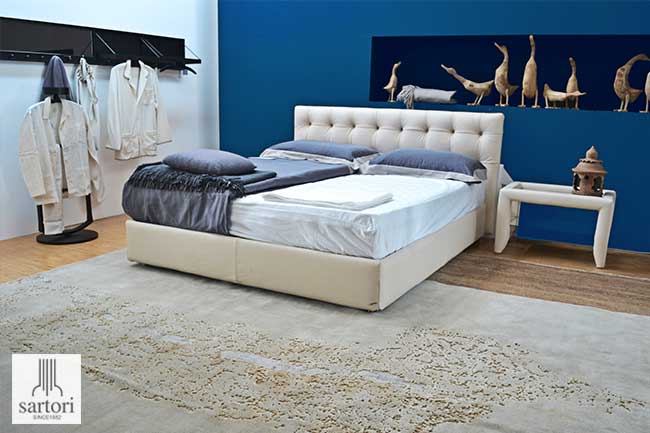
3.Colors
Colors play a very important role in both Western and Eastern cultures. Experts suggest cold colors for rooms facing North and warm colors for rooms facing South. In particular, red and orange stimulate conversation and are perfect in the living room and dining room. Yellow stimulates appetite, and it’s recommended in the kitchen. For your bedroom you can choose from the green palette for good quality sleep, or pink for romanticism and passion. Light blue and blue are perfect for study rooms and bookcases, because they facilitate learning.
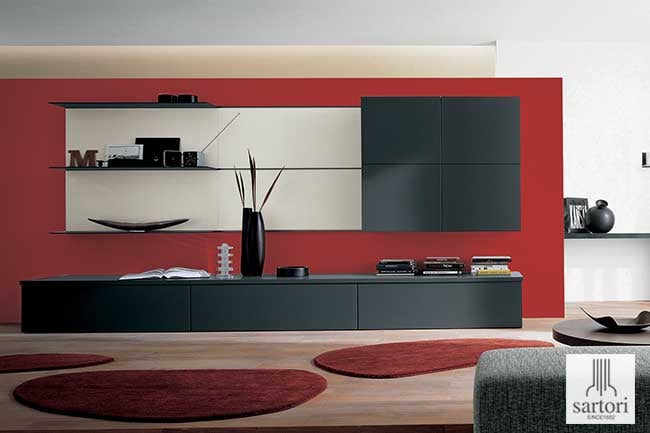
4. Mirrors
Mirrors obstruct the flow of energy, that’s why they should not be displayed in bedrooms. For good quality sleep put all mirrors inside the closet, in the hallway or in an adjacent room.
5. Windows
Windows provide good natural light during the day. They must be wide enough for sunlight to brighten your rooms. If they are facing on a high traffic street they can be covered with neutral curtains. There should be a window in every bathroom for sunlight and optimal ventilation.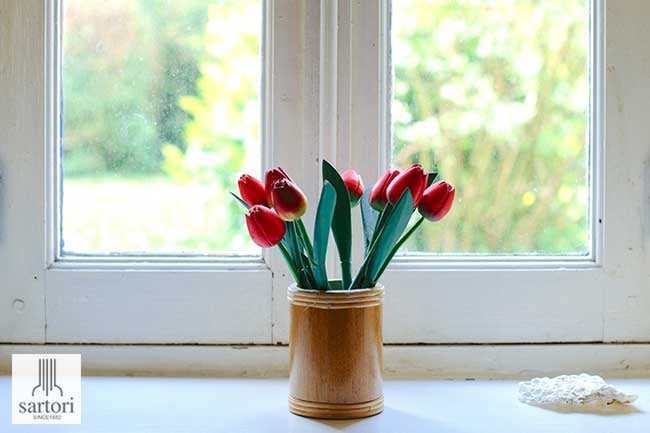
6. Natural elements
In a Feng Shui house the flow of energy revolves around 5 natural elements that must be placed around the house. Wood connects the interior (floors, doors, windows) with the exterior (trees and plants) areas of your home; a fish tank for the water element, a nice plant pot made of stone, an iron cast sculpture, and red candles (fire) complete the list of natural elements.
7.Garden
Well kept gardens and vegetable gardens can add great harmony to your home. If your garden looks overgrown and messy it will convey negative energy. Taking care of your garden is good for your soul, it makes you feel in harmony with nature and it’s very relaxing.
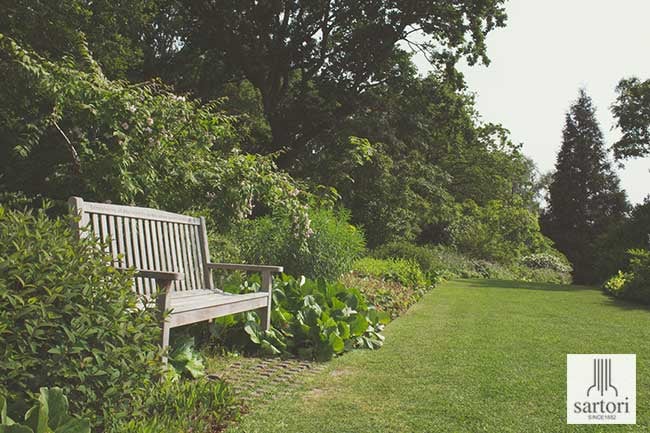
Eastern cultures greatly value the importance of order. Tidying up your home every day allows you to experience great harmony and emotional wellbeing. Decluttering your home is the very first step you should take if you want to remove chaos from your life.
Find out how to choose the perfect rug to bring harmony into your home: download the free guide!

